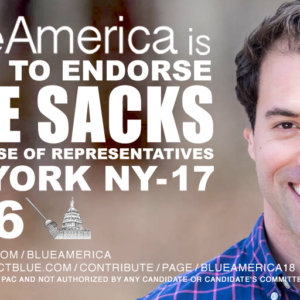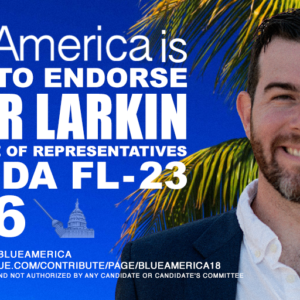Blue America’s Campaign For Health Care Choice has been awesome and I want to thank so many of you for donating and taking part in our latest campaign to expose Blanche Lincoln’s non-support of the public option. You can still participate.
The liberal blogosphere is rising up against the Democratic Senators who up to this point are blocking any kind of health-care reform in America. Adam writes in Open Left: Progressives Got Our Mojo — Holding Senate Dems Accountable
Fortunately, the public option is not muddy at all. It appears to be one big sweet spot for progressive activism — with movement actors fighting on Obama’s side (and on the side of 76% of Americans) against lame corporate Democrats who are standing in the way of Obama’s agenda.
Better news — progressives aren’t missing this opportunity! We’re going for it! We’re fighting hard and strategically. Check out these five TV ads by movement actors…read on
Hullabaloo found this gem of a report from The Urban Institute:
The Urban Institute has released a study on the public plan option that should be of interest to those who are following this debate. They focus on the competition factor, particularly on the fact that consolidation and concentration have already made any complaints on that count moot, something we’ve written about here a few times:
This paper makes the argument that a public plan is important to health reform because it will contribute to cost containment, primarily by addressing problems caused by increased concentration in insurance and hospital markets. We describe how the public plan might be structured, how many people might be expected to enroll, and how much money the public plan might save. We discuss the most frequent arguments that are made in opposition to the public plan. We conclude that the private insurance industry would survive at about the same size but be more efficient and more effective in controlling health care spending.
Unfortunately, the debate over whether to provide a public health insurance option as a competitor to private plans under comprehensive health care reform seems to have become an ideological litmus test. Conservatives are fervently aligned against the option while liberals are as strongly in favor it. Those who oppose it fear that the public plan will have so many inherent advantages that private plans will be unable to compete, eventually leaving the system entirely in government hands by destroying a competitive insurance market. Supporters believe that a public plan is a critical fallback option in a universal system that would cover many high-need and low-income groups.
The arguments around the public plan too often ignore what we believe is the central reason for including a public plan as a component of reform: that health insurance markets today, by and large, are simply not competitive. And as such, these markets are not providing the benefits one would expect from competition, including efficient operations and consequent control over health care costs. We believe that the concentration in the insurance and hospital industries that has taken place over the past several years has been a significant contributor to this problem. The role of the government plan is to counter the adverse impacts of market concentration and, in doing so, slow the growth in health care costs.
In this paper, we first describe problems with competition in current insurer and provider markets, in particular focusing on the implications of consolidation in both markets. We then discuss how a public plan could help address these problems. Next, we examine how a public plan might be structured and how much money a plan might save. We address how large the public plan would be and what impact it would have on the current private insurance industry. We then examine the most common arguments against the public plan. We conclude by arguing that private insurance plans would survive but be more efficient and more effective controlling health care spending.
The survival of the insurance companies isn’t something I personally lose much sleep over, but this info might be useful to those who need to refute the idea that the insurance companies will all be driven out of business if they are forced to constrain their enormous profits and pay their CEOs less than 15 billion dollars in compensation.








Comments